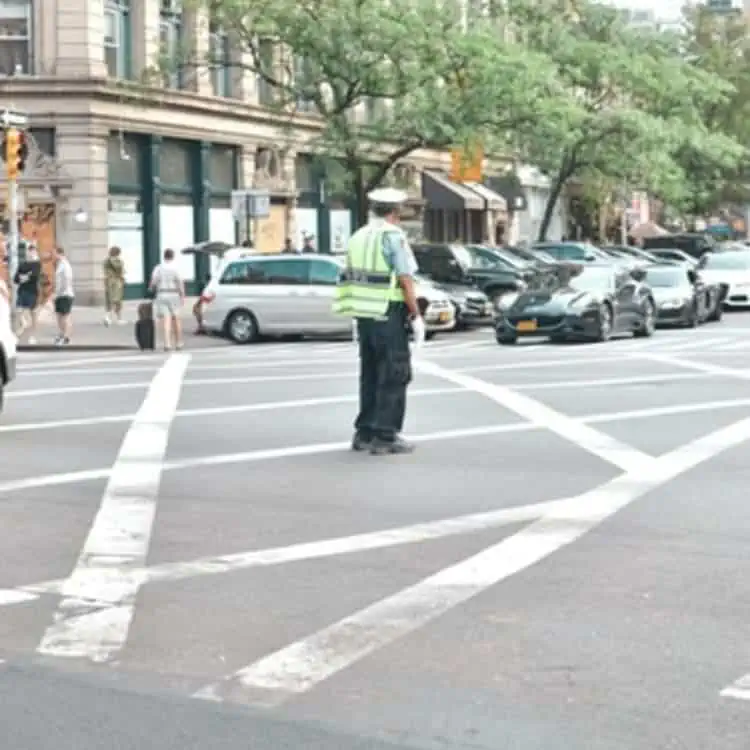Have you ever thought about the role of a parking enforcement officer? I have. These officers monitor roads and private or public parking lots, ensuring drive abide by local parking laws. They can hand out citations and communicate with vehicle drivers. They can also work as traffic controllers and meter maids.
Mainly, these officers serve various employers, property owners, and parking lot managers. They also cater to the specific needs of different property management firms. Parking enforcement officers are much more than parking staff.
How does one become a parking enforcement officer?
During the application process, recruitment agencies and human resources ask job seekers for this post for specific documents, including, but not limited to:
- A high school diploma
- A valid driving license
- An understanding of local and state Toronto Parking Service laws
- Must have knowledge of parking access equipment systems
- Certificate in First Aid and CPR training
- Experience in the industry is a bonus.
Duties: Service and Property Protection

When on patrol, parking enforcement officers drive around either in their designated areas or on foot. Or sometimes, patrol officers operate on bike patrol. Cities, towns, and even metros have parking regulations. That said, here is what to expect of these officers:
During patrols, a parking enforcement officer ensures that vehicles aren’t in violation of parking rules. They make sure drivers keep to the designated parking areas. They even monitor parking meters. And, they issue parking tickets if a vehicle is in violation of parking regulations or bylaws.
That’s not all.
A parking enforcement officer often deals with derelict vehicles on a private or a public road. Then, tow services do the removal to maintain the flow of traffic. Did you know that abandoned vehicles are responsible for traffic deaths? Think about it. Speeding cars can ram into these stationary vehicles.
If you’re a renter, property owner, or property manager, occasionally, you may want to complain concerning a vehicle. Perhaps your issue concerns a car parked awkwardly. Regardless of the driver parking recklessly or repeatedly, it is a violation.
Here is what you do to report.
Option one. You use your email address. You contact Toronto Parking Services. Fill out an online report entry. It needs details of your name, location, time of day, and vehicle description. Sometimes this is not practical and it’s time-consuming.
Option two. Use your mobile app to contact mobile parking enforcement officers, directly. . Suppose your complaint is immediate. What happens? Dispatch sends a parking enforcement officer to handle your parking complaint. Your parking officer is suitable for ongoing patrols
You might even think of the parking enforcement’s response similar to that of a security guard services: a rapid response
Isn’t this a relief?
Let’s face it; illegal parking doesn’t only inconvenience you but poses a threat. Swerving unexpectedly to avoid a vehicle is dangerous. You may hurt yourself in the process or damage your vehicle.
As you know, parking lots, garages, and driveways are designated parking spaces. If you’re a property owner or you manage parking lots, you need parking enforcement services. Who doesn’t want hassle-free property management?
Property owners and parking lot managers need to ensure that their visitors don’t suffer annoying parking inconveniences.
- In a chaotic situation, a driver sees an unoccupied parking spot. They ignore the parking signs or don’t bother to read them. Instead, they swoop in and park on your private property. You can’t guarantee the drivers. Should you leave it to a parking officer?
- The parking enforcement officer issues parking tickets in the above cases. Drivers repeatedly violate parking rules sometimes due to ignorance. Parking enforcement officers ensure that your visitors obtain parking passes.
You can trust the officers on consistent and non-discriminatory enforcement. Security clearances are a part of parking enforcement.
Legal Matters
History is a powerful learning tool. In September 2007, the Ontario Court of Appeal issued a ruling, Bylaw 725-204. Its target — parking lot owners. At the time, the owners of private parking lots used their own ticketing system. The Court banned this practice. Instead, the Bylaw insists that parking lot issue City of Toronto Parking Tags.
You don’t want to interfere with “Bylaws” and other technicalities of the law. You may find it challenging to follow Federal law details or understand the “small print.” It’s time-consuming. You need a trained eye —parking enforcement services
- Aparking enforcement officer reduces incidents of parking violations. They are trained not only in enforcement actions, as patrol officers but also in legal matters. It’s also part of their duty to testify in court.
- With the legal practices of passes and other security clearances, these enforcement officers help improve your client and visitor experience. It improves your property management.
Summary
Parking enforcement officers usually train to handle your parking needs. Put your trust in the Ultimate Security Services. No more squabbles over parking spaces. No more unnecessary disagreements over parking spots. Not even disgruntled visitors. You don’t need such inconveniences. Let your parking lot management needs get addressed by officers who understand their parking considerations and their parking enforcement duties. Your road safety, parking convenience, and peace of mind are our mission. We also provide other services such as security guard services, neighborhood watch, and more.




